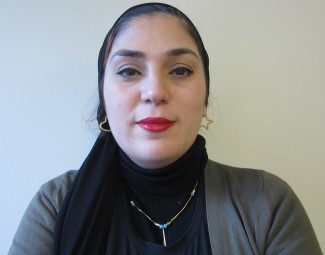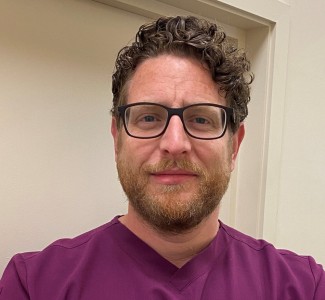Meridian Medical Centre
Description
The Meridian Medical Centre is centrally located in the heart of the Meridian Mall, 267 George St, Dunedin. Our medical centre is on level C1 in the Mall, (right opposite the lifts) and only 30 metres from the lower carpark floor. All our GPs enjoy looking after our patients - from newborn babies to grannies & grandads in their 90s. We also offer medicals for visa purposes and offer a full immigration service.
Enrolments are open.
Practitioners
Staff
Our team is made up of GPs (see details below under “General Practitioners”) and:
Nurse Practitioner:
Michelle Peperkoorn
Nurse Manager:
Teresa Manahi
Melissa
Heather
Tama
Practice Manager:
Jennifer Pringle
A Health Improvement Practitioner (HIP):
Debbie
Health Coaches:
Briar
Lead Administrator
Joy
Medical Receptionists:
Grace
Julia
Cheryl
Services Provided
- Enrolled patients
- Make an appointment
How do I access this service?
Disability Assistance
- Provision for wheelchair access



